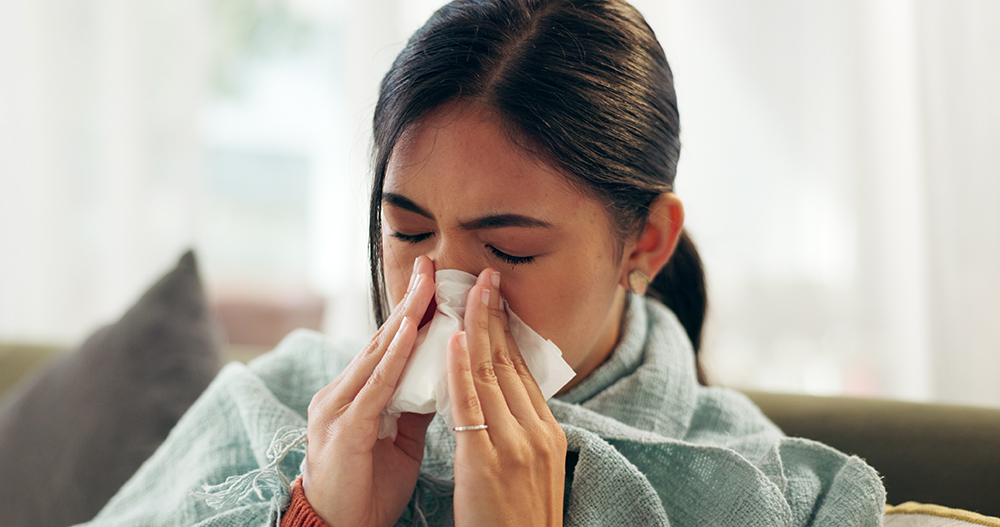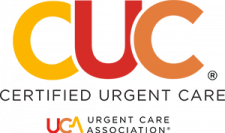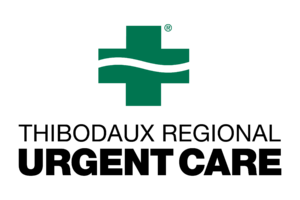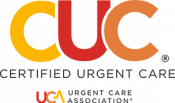Mold is everywhere. For some people, it can be more than just an inconvenience. If you’ve been feeling under the weather lately and can’t figure out why, mold could be the culprit.
At Thibodaux Regional Urgent Care, we often see patients with unexplained congestion, coughing, or itchy eyes during the spring months, only to discover that mold allergies are to blame.
Please keep reading to learn how mold can make you sick and when to seek urgent care treatment.
Can Mold Make You Sick?
Yes, especially if you’re allergic to it.
Mold is a type of fungus that grows in damp, humid environments like basements, bathrooms, kitchens, and even outdoors in piles of wet leaves or mulch.
When mold releases tiny spores into the air, these can be inhaled and trigger an allergic response. For people who are sensitive, mold exposure can cause a variety of symptoms, ranging from mild to more serious.
Signs You Might Be Allergic to Mold
Common mold allergy symptoms include:
- Sneezing or nasal congestion.
- Runny nose or postnasal drip.
- Itchy, watery, or red eyes.
- Coughing or throat irritation.
- Wheezing or shortness of breath (especially for those with asthma).
- Sinus pressure or headaches.
- Fatigue or brain fog.
Mold allergies can also worsen other respiratory issues, such as asthma or chronic bronchitis, especially during spring when humidity and outdoor mold levels increase.
Why Spring Mold Exposure Matters
Spring brings blooming flowers and warmer weather, but also moisture. Increased rainfall and humidity create the perfect environment for mold to thrive indoors and outside.
Mold spores can build up in:
- Damp basements or crawl spaces.
- Around leaky windows or roofs.
- Outdoor areas with mulch or decaying plant matter.
- HVAC systems or air filters that are not properly maintained.
If you’ve been spending more time outdoors or cleaning up your yard and suddenly feel sick, spring mold might be the hidden trigger.
When to Visit Urgent Care for Mold Allergy Symptoms
While mild allergies can often be managed at home with over-the-counter medications, you should visit Thibodaux Regional Urgent Care if:
- Symptoms persist or worsen despite home treatment.
- You experience wheezing, chest tightness, or shortness of breath.
- You have a known mold allergy and are feeling especially unwell.
- Your eyes, nose, or throat feel severely irritated.
- You develop signs of a sinus infection, such as facial pain, green mucus, or fever.
Our team can evaluate your symptoms, offer relief, and provide referrals for allergy testing if needed.
Tips to Reduce Mold Exposure
Here are a few ways to keep mold at bay this spring:
- Use a dehumidifier to keep indoor humidity below 50%.
- Fix leaks promptly in your roof, plumbing, or windows.
- Run exhaust fans in bathrooms and kitchens to reduce moisture.
- Clean and replace HVAC filters regularly.
- Avoid working in damp areas without a mask, especially during yard work.
Breathe Easier with Help from Thibodaux Regional Urgent Care
Don’t let mold exposure keep you from enjoying the season.
If you’re feeling sick and suspect mold may be to blame, visit Thibodaux Regional Urgent Care for expert care and fast relief.
We’re open seven days a week, 9 a.m. to 8 p.m.—no appointment needed. We offer a full range of services, including an on-site lab and diagnostic testing, ensuring your provider can help manage your condition sooner.
Call the location nearest you or stop by for trusted care when you need it most.




